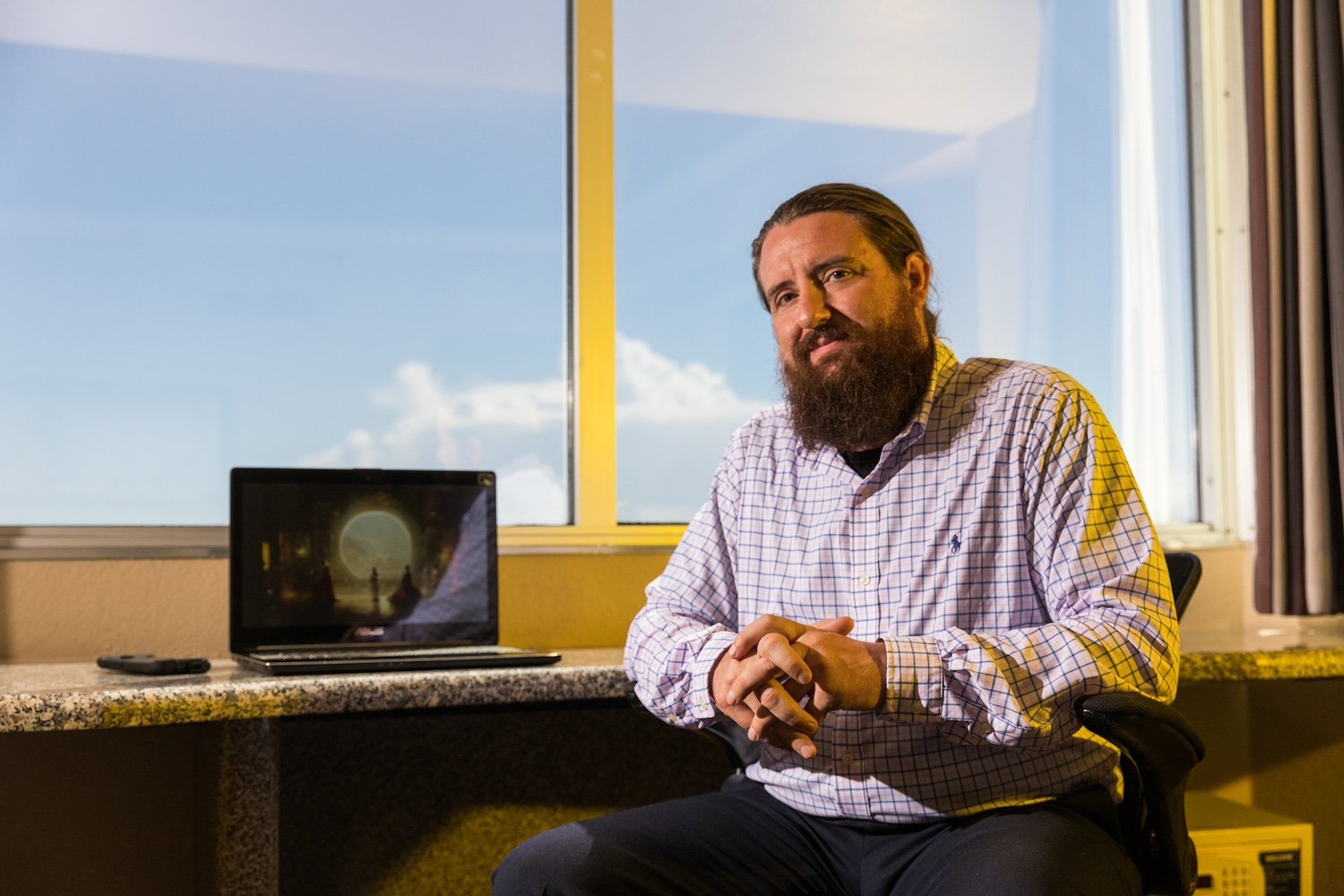- cross-posted to:
- [email protected]
- [email protected]
- cross-posted to:
- [email protected]
- [email protected]
cross-posted from: https://hexbear.net/post/3613920
Get fuuuuuuuuuuuuuucked
“This isn’t going to stop,” Allen told the New York Times. “Art is dead, dude. It’s over. A.I. won. Humans lost.”
“But I still want to get paid for it.”



Because it wasn’t created by a human being.
If I ask an artist to create a work, the artist owns authorship of that work, no matter how long I spent discussing the particulars of the work with them. Hours? Days? Months? Doesn’t matter. They may choose to share or reassign some or all of the rights that go with that, but initial authorship resides with them. Why should that change if that discussion is happening not with an artist, but with an AI?
The only change is that, not being a human being, an AI cannot hold copyright. Which means a work created by an AI is not copyrightable. The prompter owns the prompt, not the final result.
You’re assigning agency to the program, which seems wrong to me. I think of AI like an advanced Photoshop filter, not like a rudimentary person. It’s an artistic tool that artists can use to create art. It does not in and of itself create art any more than Photoshop creates graphics or a synthesizer creates music.
How do the actions of the prompter differ from the actions of someone who commissions an artist to create a work of art?
should a camera also own the copyright to the pictures it takes? (I seriously hate photographers)
Ah, but there is a fundamental difference there. A photographer takes a picture, they do not tell the camera to take a picture for them.
It is the difference between speech and action.